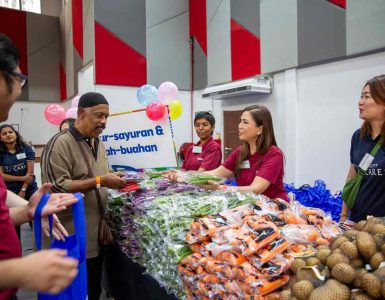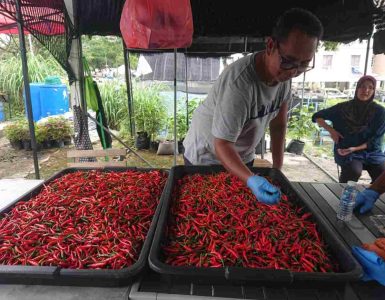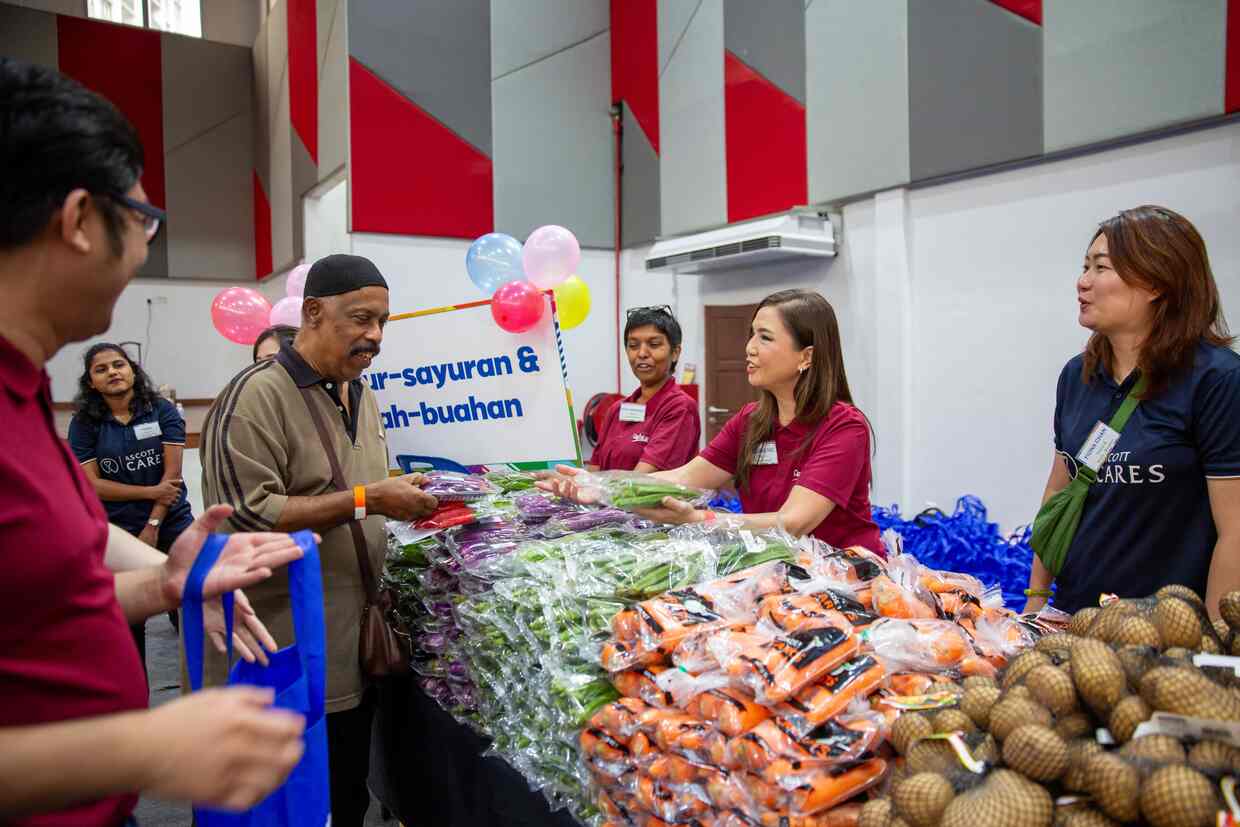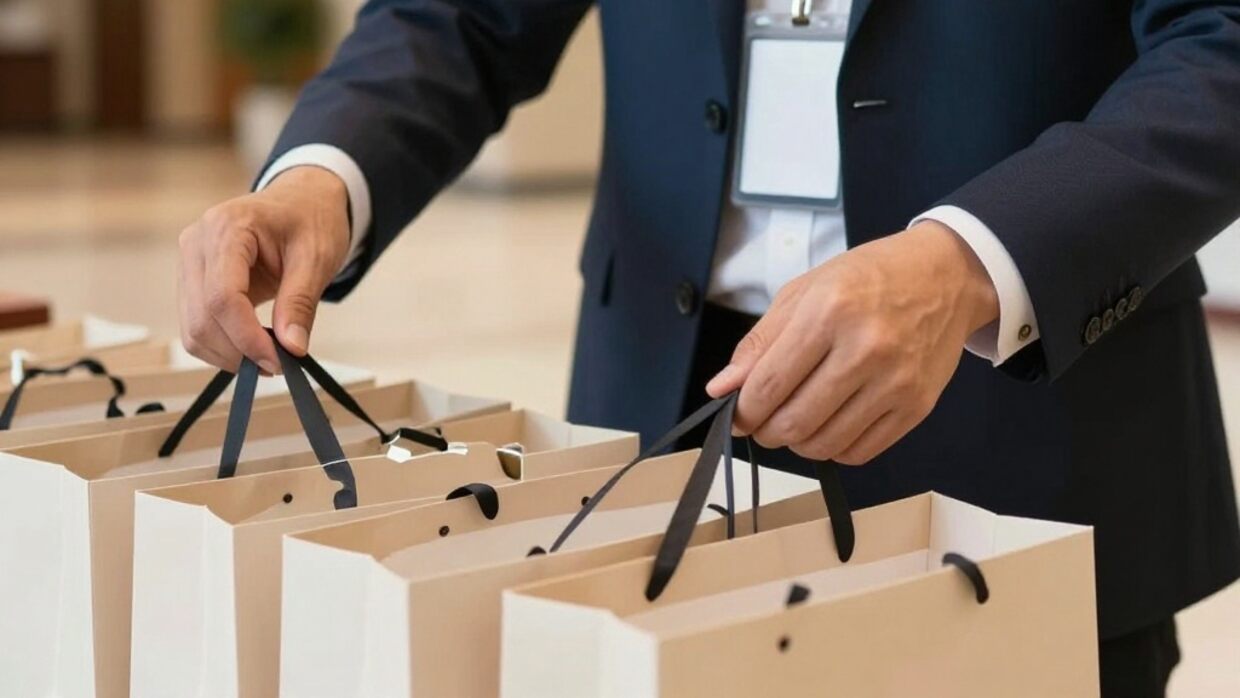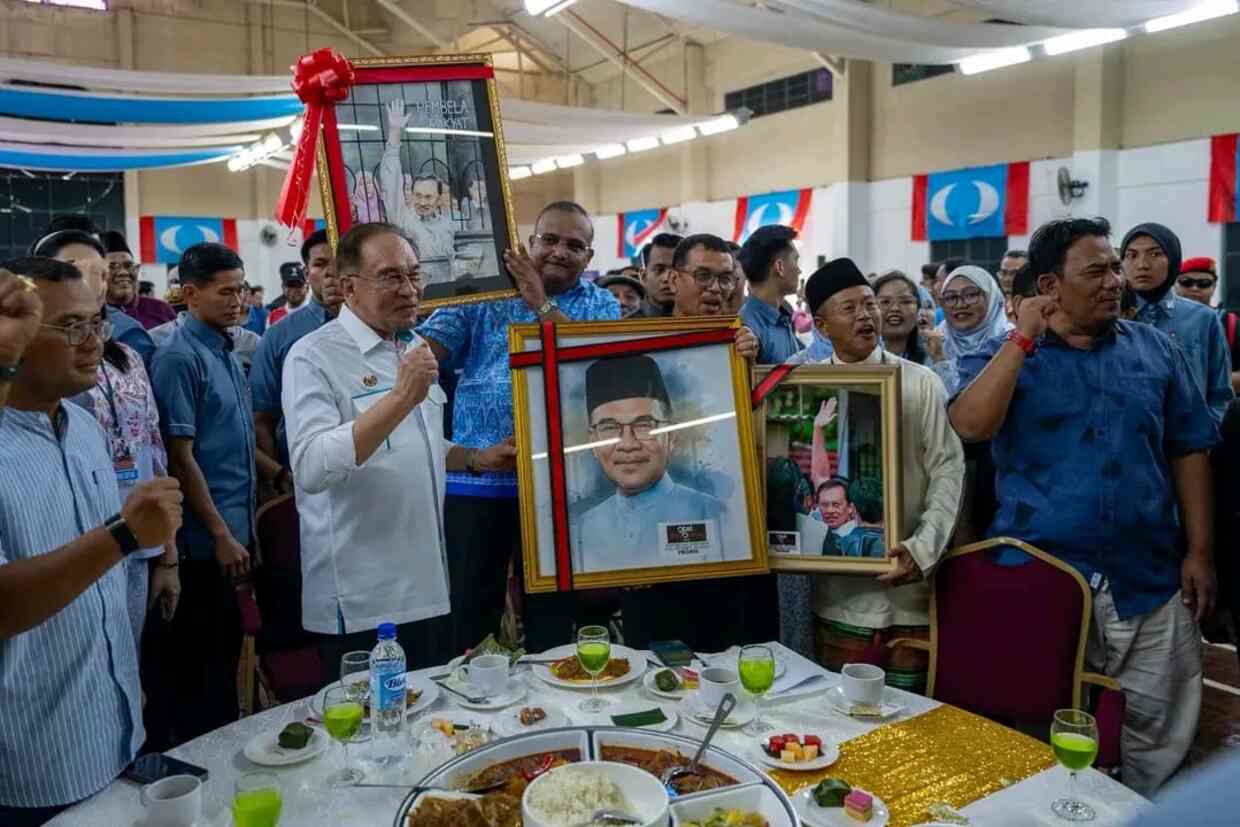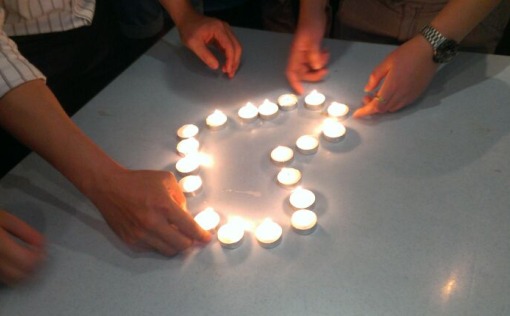
The Good Samaritan Kuala Lumpur (GSKL) hosted the 14th Annual Transgender Day of Remembrance (TDOR) event at its centre in Viva Home, Kuala Lumpur early this week.
This international event is observed every November 20th to commemorate the memory of trangendered men and women who were killed due to anti-transgender hatred or prejudice around the world.
The event was led by transgender activist Vivienne “Yuki” Choe, an active member of GSKL.
Explaining the history and current situation of the transgender community in Malaysia, Vivienne kicked off the evening by providing the latest data of transgender victims around the world and pointing out the skewed media coverage of the transgender community in Malaysia.
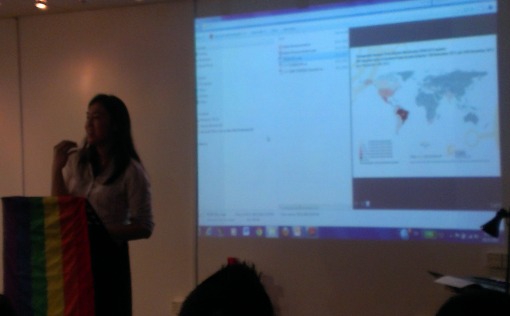
Guest speakers S.S (name withheld upon request) provided the attendants a detailed look into Malaysian laws pertaining to sexual harassment at the workplace, while Rev. Father Joseph Goh spoke about the importance of faith and love in remembrance of the transgendered victims.
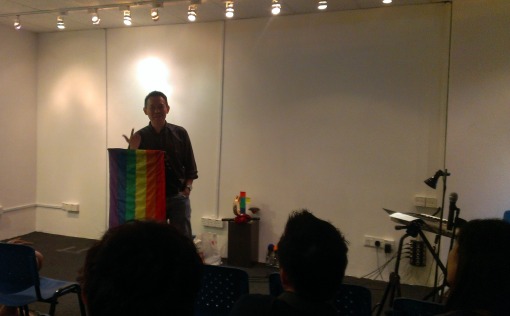
A candlelight vigil was also held to honour the 265 transgender men and women who were brutally murdered for the past one year. Chants of “We will remember” echoed the emcee’s recital of each victim’s name, age, location and cause of death.
In an exclusive interview to CJMY, Vivienne speaks about her involvement with GSKL’s TDOR event, her personal challenges as a transgender woman and the challenges facing the transgender community in Malaysia.
CJMY: What does TDOR mean to you personally, and what do you hope to achieve through GSKL’s event?
Vivienne: Transgender Day Of Remembrance to me represents how society treats people who are different, and just how strong the misconception on sex and gender is, to the point that any gender non-conforming individuals are seen as sub-human or lesser people due to the failure of accomplishing their gender based on their biological sex, that leads to plenty of violence, brutality and murder.
We need to look deep into our hearts and our conscience and think- is it right to take away one’s life just because the person is not man enough or woman enough?
Is it not something wrong when one harbours so much hatred to people who are gender variant? And for transgender people, have they not have to go through so much already in their lives, and yet have to die through horrible ways, and often alone without a name or a record, and with few friends and almost no family?
Transgender people are the definitive social justice failure in a world where gender and sex is so fluid, yet many governmental authorities and leaders define it as set, and even create laws that are used to persecute innocent people instead of protecting them.
Such allowance of discrimination surely should have no place in the world.
I hope that through this event, people will be reminded that violence is wrong.
I wish to create awareness about transgender people and hope society would give them a chance to learn and understand about gender and sexual identities before making assumptions and judging them based on how they look.
I also hope we could open more doors for transgender people to highlight their plight in Malaysia, and for Malaysia to do something for them to make their tough lives easier to endure.
We have so many stories to tell the eager listener, and wish that we have the opportunity to live our lives as part of society, bearing pride as we all have living in our beloved country we are born into.
CJMY: What are the challenges that you face personally as a transgender woman in Malaysia?
Vivienne: Most people in Malaysia do not realize there are many trans persons like me who are born with a hard-wired brain sex that is in contradiction with the genital sex, and the resulting intense distress caused by this incongruence is real and painful.
And because the brain sex defines gender, my experiences as a woman, the feel, smell, touch, sense, and even emotional needs are very much part of me, even though I am born in a different sex.
The blackout of information in Malaysia, in regards to the medical consensus and social sciences on gender and sex worldwide, causes a person like me being branded in the wrong gender based on a sex organ that does not belong, making my already difficult life of not being able to get proper medical care and surgery which is badly needed for a person in with my medical condition, harder to go through, as I am typically misgendered, rejected and also invalidated in many social circles.
From young I have to go through my school days being heavily bullied to the point of suicide.
As an adult, some ot the bullying, like in the form of verbal abuse, continues.
I cannot get an insurance policy, and sometimes I face discrimination due to my gender not matching my documentations from identification card to passport.
Opportunities come few and far between in terms of career for most of us, even though many, like me, qualify for most jobs. Very often, I am treated differently than cisgender people, even among friends I know well.
CJMY: What do you think is needed to improve the current discriminatory laws and perception of Lesbians, Gays, Bisexuals and Transgender (LGBT) community in Malaysia?
Vivienne: We need to redefine what LGBTs really are; sexual minorites and gender minorities.
Most of the suburban and rural folks have been climatized into thinking LGBT as a group of people that indulges in sexual immorality, even though it is not true.
So when some LGBT groups tried to be vocal on their basic rights, the message gets exploited by some and translated these groups as to be immoral.
Information and awareness are also very important, as it is severely lacking when it comes to topics dealing with sexual and gender minorities.
There is too much misunderstanding about what gender identity and sexual orientation really is, and the message is lost in translation among the groups within.
We need to communicate outwards to the general public and engage with our fellow Malaysians.
Laws in the end are used to protect other people and ourselves from harm, and to change the laws to achieve justice and equality for all Malaysians, sexual and gender minorities need to be more positively visible and contribute to the betterment of our country to dispel the myths that have long been seeded by indifference.
Sexual and gender minorities need to take part in and relate more to society, and show them that our everyday lives, hopes and dreams are just the same, and society will then be able to realize that through the smokescreen of prejudice, and our lifestyles are no different than anybody else in Malaysia.
The public needs to have the opportunity to see and and understand people like us, then they will know that every person, regardless of their sexuality or gender, has the capability of doing the extraordinary good.
More information on Transgender Day of Remembrance.
More information on Good Samaritan Kuala Lumpur.



